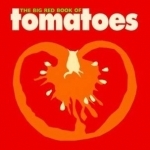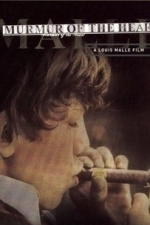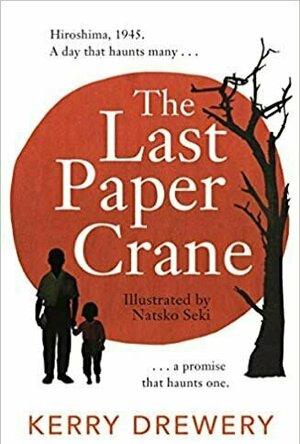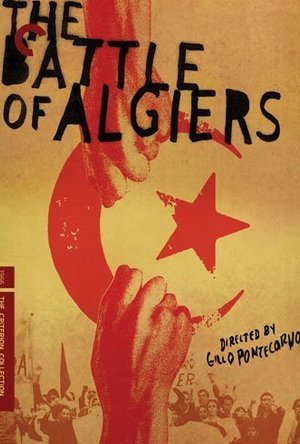
A Dog Called Dez
Book
When John Tovey lost his sight at the age of 42, he thought his life was over. But he was wrong - it...

Let Your Kids Go Wild Outside: Creative Ways to Help Children Discover Nature and Enjoy the Great Outdoors
Book
Creative ways for children to spend time outdoors and discover nature. In an era when the iPad is...
Autism and Understanding: The Waldon Approach to Child Development
Walter Solomon, Chris Holland and Mary Jo Middleton
Book
"[The authors] provide a detailed breakdown of the scientific underpinnings of Waldon's theory in...

The Big Red Book of Tomatoes
Book
Ever been confronted by a couple of unpromising-looking tomatoes and some of yesterday's bread, with...

The Natural Cook: Eating the Seasons from Root to Fruit
Book
The Natural Cook is an inspirational book for the way we eat now. It puts fresh, flavoursome,...

Vegan Street Food: Foodie Travels from India to Indonesia
Book
Winner of the Best Book Award in the PETA Vegan Food Awards 2016. Jackie and her family ate their...

Body Positive Power: How to Stop Dieting, Make Peace with Your Body and Live
Book
We've been convinced that happiness is something that only comes once we hit that goal weight, get...
Mary Ellen Mark recommended Murmur of the Heart (1971) in Movies (curated)
BookInspector (124 KP) rated The Last Paper Crane in Books
Sep 24, 2020 (Updated Jan 26, 2021)
I really loved the plot of this book, I was completely absorbed with this story, and it is a very quick read, that really “hits the feels”. 🙂 The story always changes, and the detailed descriptions of the events and the surroundings made me feel like I am on the journey with the grandfather. The chapters were quite long, but they were divided into smaller parts, and the pages just flew by. The ending of this novel rounded this book really nicely and left me very satisfied with the outcome. This novel has amazing illustrations, that allows the reader to see through the eyes of the characters.
So, to conclude, it is a really sad but inspiring story about bravery, loss and determination. I liked the characters as well as the story, I think it is breathtakingly beautiful and heartbreakingly sad. I think everyone should read this story, it is an eye-opening to the true horrors of war, and how it ruins innocent people’s lives.
Kirk Bage (1775 KP) rated The Battle of Algiers (1966) in Movies
Jan 28, 2021
It’s not a film I would feel the need to go back to, unless demonstrating to someone how to make something staged feel entirely real. I admire this film very much, but wouldn’t exactly call it entertaining or even rewarding as a story. Its purpose is to reinforce the tragedy of a people facing oppression and to realise the lengths both sides will go to in protecting their ideals and relative freedoms. The excellent hand held photography and score by the always inspirational Ennio Moricone are other reasons to watch it. As a history lesson of North Africa post WWII it also has a lot to offer.



